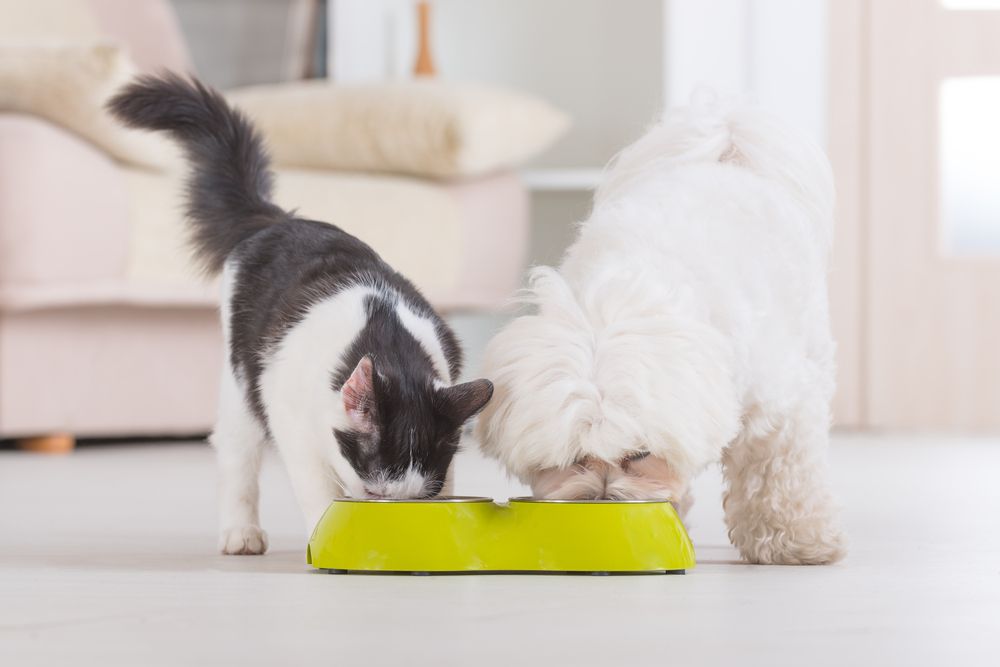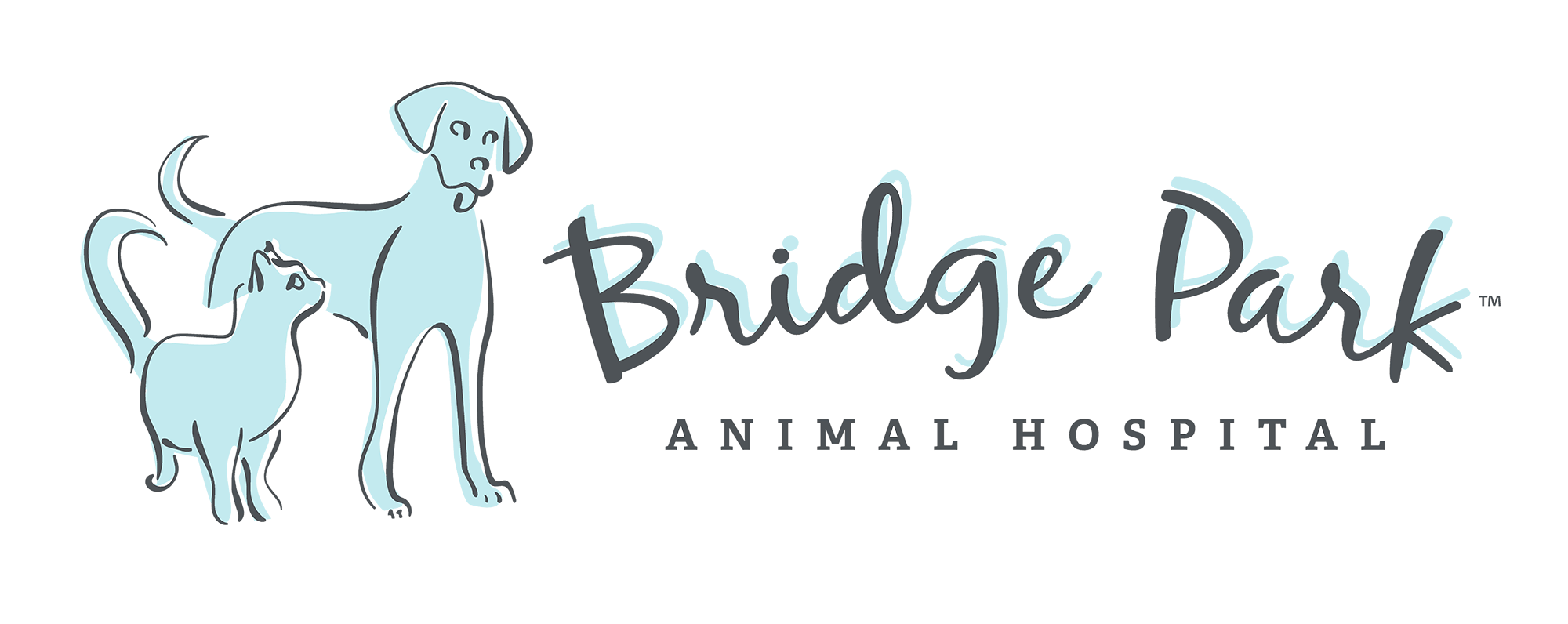Nutritional Planning
Table of Contents

Nutrition plays a critical role in the wellbeing of all living things. Although we can live for some time without nutrition, not eating the right things can have an extremely detrimental impact on our health and our ability to function. The same can be said for your pet. A complete and balanced diet is essential to maintain your pet’s health and wellbeing and to ensure that he lives a long, active and happy life – something which every loving owner wants for their animal.
We are pleased to be able to offer a comprehensive nutritional planning service that will ensure that your pet receives the perfect balance of nutrients including key vitamins and minerals for his breed, age, and other individual requirements.
What is nutrition?
Nutrition doesn’t simply refer to food. Instead, nutrition is actually the individual elements that are found in the things that we consume. In addition to plenty of fresh, clean water, your pet needs a diet that has a blend of the following components:
Water. Did you know that the body of an adult dog is around 60% water? This figure is even higher for puppies, at around 84%. Water is essential for your pet’s body to functioning properly so you must make sure that he is drinking enough, particularly on hot days or when he has done a lot of exercises.
Protein. Protein is used to build and repair body tissue and comes in many different forms and qualities. Animal proteins (such as beef or chicken) have the highest quality proteins, while vegetable proteins are considered fairly low quality.
Fats. Although many people think that fat is bad for you, all humans and pets need an element of fat in their diet to be healthy. They are extremely high in energy and are especially beneficial for very busy, energetic pets. Some types of fat are better than others, and our veterinary team can help you to identify the best ones for your pet.
Carbohydrates. Carbohydrates also give your pet energy but are very easy to give in excessive amounts. If this happens, the surplus energy gets stored as fat and can cause your pet to put on weight.
Vitamins and minerals. There are many different vitamins and minerals which are important to help your pet process bio-chemicals and for nerve conduction.
Exactly which quantities these need to be consumed in will depend on your pet’s personal requirements and is something that can be determined by our experienced veterinary team.
Your pet’s changing dietary requirements
So, what makes nutritional planning so important? Your pet’s dietary requirements will change at various stages of his life. Many owners, especially those who don’t have a great deal of experience, may not realize this and keep their pet on pretty much the same diet their entire life. However, it is essential to choose a diet based on your pet’s specific nutritional requirements at that time. For example, when your pet is still very young, he will need a diet tailored to help him grow and develop properly. Once he reaches his senior years, his natural reduction in exercise means that he will need fewer calories to remain a healthy, stable weight.
In addition to these, animals who are pregnant, nursing or suffering from a health condition may also require a special diet that meets their nutritional goals, such as a pet with diabetes may require a very low-carb diet while one with a joint problem such as arthritis may be recommended to have their diet supplemented with glucosamine, which is beneficial for joint health. When you opt for a nutritional plan for your pet, you can rest assured that regular assessments mean that his diet will always reflect his nutritional requirements at the time and will help him to be as healthy, active and happy as possible.
If you would like more information on our pet nutritional planning service, please make an appointment with our expert team at our animal hospital in Johns Creek, GA today by calling (770) 569-5799.
